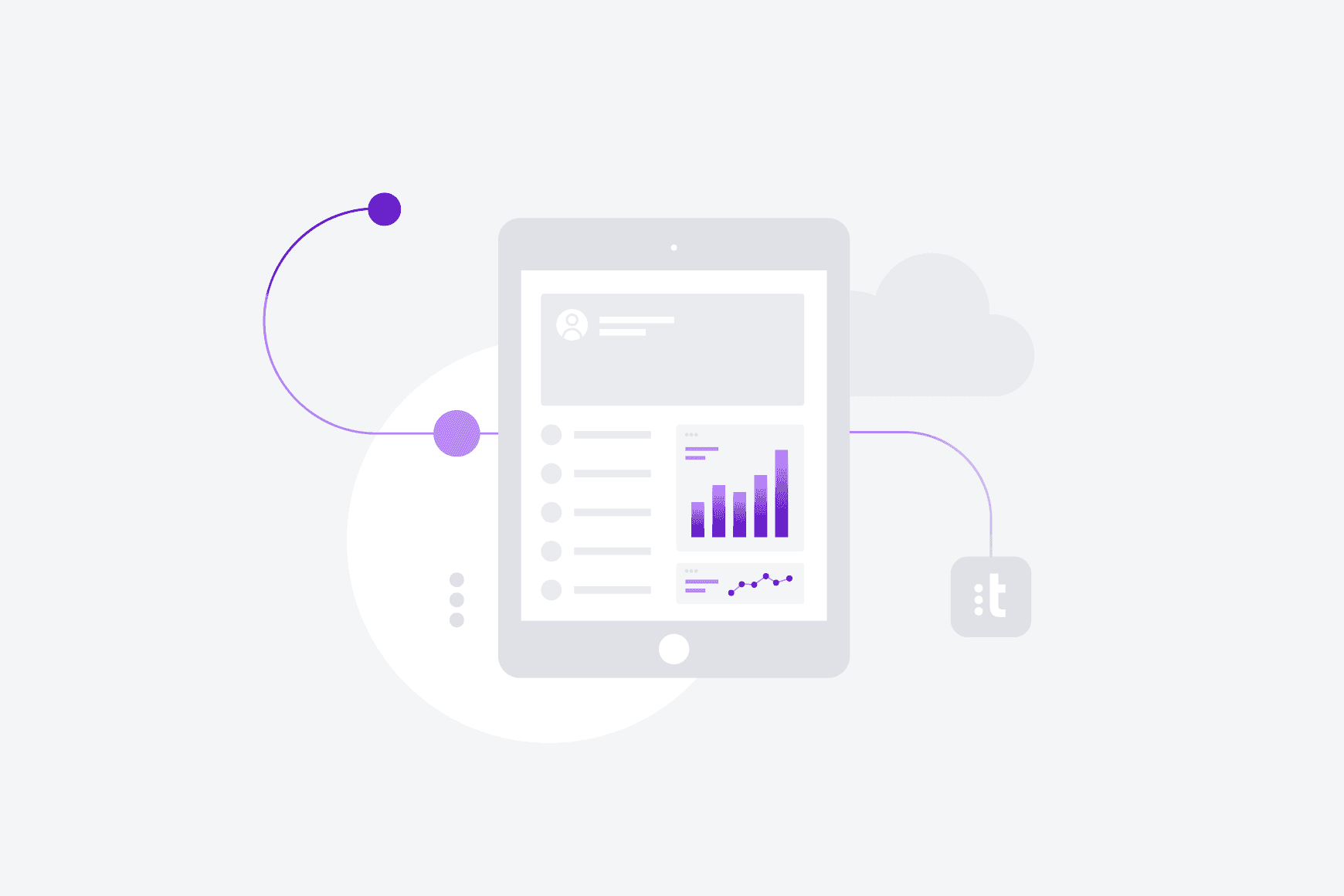Contact Center Trends
4 Call Center Call Recording Best Practices

Call recording is a common call center practice. Call recording can be a valuable tool, but it must be used carefully. The burden is on the call center to make it a priority to be compliant with all relevant call recording laws, rules and regulations. Failing to do so can have significant consequences, including fines and legal action. This post is designed to provide a basic background on call center call recording software and to point call center managers in the direction of resources.
What is call recording?
Call recording is the process by which inbound and/or outbound calls to a call center are recorded. This may include the use of functionalities like manually pausing and resuming live recordings by the agent from the call center software interface. The recorded files are often stored within the call center software database after the call ends for either a discrete or indefinite amount of time.
Associated terms that will not be covered in this blog post
- Call monitoring is a call center software feature that is regularly found in discussions about call recording. Call monitoring allows silent persons, often call center managers, to tune in on live conversations. Although related, call monitoring is not the same as call recording. It is therefore subject to some but not all of the same regulations. It is a separate topic unto itself.
- Wiretapping also sometimes appears in conjunction with call recording. Wiretapping is a legal term. It is a broader topic than call recording and has a limited impact on call center call recording practices. As with call monitoring, there are similarities and therefore overlapping regulations between wiretapping and call recording. However, these concepts are distinct and complicated enough that this blog post will not be delving into the particulars.
Why is call recording used in call centers?
Call center call recording is a widespread practice across industries. So much so that many callers are familiar with the call center greeting that states, “This call may be monitored or recorded for quality assurance purposes.”
That disclaimer hits at the heart of call recording’s purpose: quality assurance. Call recording can enable call center managers and agents to review the content of calls to analyze performance, determine best practices and identify any compliance issues. This may help in better meeting the needs of customers, ensuring that the team remains compliant with regulatory guidelines and improving customer service quality.
What are the relevant call center call recording legalities?
Call recording is a complicated and sometimes controversial practice. It is the prerogative of business owners to comply with all relevant regulations and industry standards. Accomplishing this task requires background research about which laws apply to particular businesses.
Call recording law encompasses a variety of call recording functions. These include, but are not limited to, issues of participant consent, regulations about the storage of recordings and the legality of pausing and resuming live recordings.
In order to investigate which call recording laws apply to a certain call center, numerous agencies and resources must be checked. Articles and blog posts like this one can be tremendously useful, but should not be taken as a doctrine. Rather, companies must consider a number of sources before putting call recording practices into place.
1. The Federal Government of the United States
The Federal Communications Commission (FCC) is the United States governmental agency that regulates interstate and international communications by wire, satellite, cable, television and radio. As such, the FCC has the power to regulate call center call recordings. Other federal bodies with jurisdiction over call recording include the Supreme Court, the National Security Agency (NSA), the Department of Justice (DOJ) and the Federal Bureau of Investigation (FBI).
Although it is not necessary to be versed in the legal underpinnings of Fourth Amendment law to operate a compliant call center, it is worth noting that there are some very significant stockholders in this arena. Respecting call recording practices is therefore of utmost importance to the success of any business. Punishments for non-compliance can be very harsh when it comes to illegal call recording.
2. State and Local Laws
State and local governments have the right to regulate call recording. For every state that a business operates in, it is necessary that they check their call center’s compliance with the appropriate laws. Doing so often requires visiting the websites of state government (usually www.[statename].gov).
Perhaps the most significant consideration in conducting this search is figuring out the required number of consenting parties in a recorded call. This means how many participants in a call, by law, need to be aware that a recording is in progress. The majority of states, including Virginia and New Mexico, only require one party to be aware of the recording. Other states, such as California and Maryland, require the consent of all parties.
This concept becomes considerably more complex when call centers engage in communication across state lines. Further, these laws are not set in stone. Call recording is a topic often found in high courts and on the legislative agenda. The laws governing it, therefore, are subject to change.
3. Industry regulations
Not every call center is alike. The callers, content and purpose of every conversation impact the legality of the call recording. It is up to the business owner to determine and seek out the regulations that govern their call center call recordings.
A very notable example of industry regulations is the Health Information Patient Protection Act (HIPPA). HIPPA is designed to keep confidential health information private. Someone who calls in to a hospital call center is protected by HIPPA, in that the have a reasonable legal expectation that their information will not be released publicly. For call centers handling this type of information, they must make it their priority to ensure that any sensitive call recordings are stored securely and safe from data leaks.
4. International laws
Scaling a company globally can present many legal challenges, including those related to call recording. Call recording is associated with privacy and is therefore a sensitive and important topic all around the world. Just as with topics one through three, accounting for international call recording laws takes a considerable amount of research. Also in keeping with the above, violating call recording laws can incur a significant penalty. When it comes to expanding the reach of a call center, it is essential that the company conducts thorough background research into what is allowable.
List of resources:
- FCC – Guide to Recording Telephone Conversations
- Digital Media Law Project – Practical Tips for Recording Phone Calls, Conversations, Meetings, and Hearings
- Privacy Rights Clearinghouse – Fact Sheet 9: Wiretapping and Eavesdropping on Telephone Calls
- Cornell Legal Information Institute – 18 U.S. Code 2511 – Interception and disclosure of wire, oral, or electronic communications prohibited
- Reporters Committee For Freedom of the Press – Reporter’s Recording Guide
- Justia US Law – A searchable compilation of US laws
How to move forward with a call recording program
Call recording law is complex, strict and ever-changing. The best solution for making sure that a call center is compliant is to do extensive research and consult relevant authorities. This can be time-intensive but it is absolutely necessary. The consequences of breaking call recording laws can do serious harm to a company.
Disclaimer: While every reasonable effort was made to ensure that the above information is accurate, Talkdesk, Inc. does not guarantee that this blog post is accurate and up-to-date. Talkdesk, Inc. does not accept responsibility for any loss, damage or legal action incurred by your company as a result of the information contained in this blog post.

![[object Object]](/fr-fr/_next/image/?url=https%3A%2F%2Fcms.talkdeskqa.com%2Fapp%2Fthemes%2Ftalkdesk-com%2Fassets%2Fimages%2Flogos%2F&w=3840&q=50)


